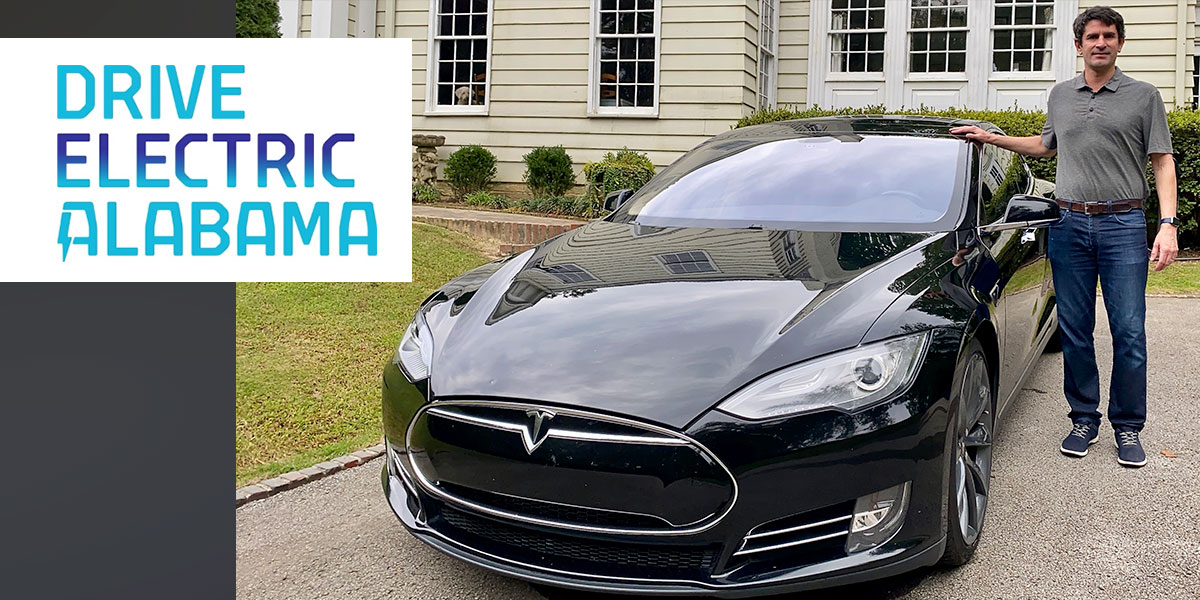Owning an electric vehicle (EV) has transformed my driving experience and also left a lasting impression on my family. My children have grown up in a Tesla, and our journey together has been nothing short of electrifying.
Since I first purchased a Tesla in 2013, I’ve definitely experienced my fair share of early-adopter issues, such as problems with the drive unit. Despite these hiccups, Tesla’s service team consistently provided outstanding support. They ensured that my vehicle was in perfect working order, instilling in me and my family a sense of loyalty and appreciation for exceptional customer service.
Owning an EV has been like having a cell phone. Just as we charge our phones overnight, our garage has become our personal gas station. We’ve learned to appreciate the convenience of waking up to a fully charged vehicle, ready to take on the day without the worry of refueling at a gas station.
Growing up in a Tesla has also impacted my children’s understanding of sustainable living. They’ve become more environmentally conscious, realizing that choosing an electric vehicle is not only a lifestyle choice but also an ethical one. They’ve learned to appreciate the importance of reducing our carbon footprint and contributing to a greener future.
This transition has also influenced the way my children approach long road trips. They have become skilled at planning for charging stops and adapting to the ever-changing landscape of the EV market. The lessons they have learned from our adventures in the Tesla Model S are invaluable, setting the stage for a future of environmentally conscious decision-making.
The EV market has evolved dramatically since I bought my Model S. It’s inspiring to witness the parallels that are emerging among manufacturers. Tesla’s decision to open up its Supercharger network to other EVs is a testament to the growing recognition that collaboration is crucial to the widespread adoption of electric mobility.
This development has spawned a whole new era of EVs, with more automakers joining the race to produce sustainable transportation solutions.
As more and more consumers embrace EVs, our cities and towns are witnessing a paradigm shift in infrastructure. Charging stations are becoming commonplace, as businesses and municipalities recognize the value of supporting sustainable mobility. The once-elusive charging solutions are now easily accessible, making the switch to electric a practical choice for an increasing number of people.
Alabama leaders understand more public charging options are needed. That’s why the Alabama Department of Economic and Community Development has awarded grants totaling $4.1 million grants in 2021 and another $2.45 million in 2022 to build EV charging stations throughout the state, and another round of grant applications were accepted through May 22.
ADECA also funds Drive Electric Alabama, an education and awareness initiative aimed at helping Alabamians understand the benefits of electric vehicles in their everyday lives and how EVs can have a positive impact on Alabama’s economy.
Owning an EV has definitely positively impacted my family.
As I reflect on our experiences with our Tesla, I am filled with pride and gratitude. Our electric vehicle has not only redefined our driving experience but has also shaped our family’s values and priorities. It has taught us the importance of planning, adaptability and environmental stewardship.
So, here’s to the pioneers, the early adopters, and the dreamers who dared to believe in a world powered by clean energy.
John Brandt, an Irondale resident, is president of the Tesla Club of Alabama. He purchased his first electric vehicle in 2013.













